Nuwa’s @nuwa-ai/x402 package layers AI-friendly ergonomics on top of the upstream coinbase/x402 reference implementation. It keeps your focus on business logic while handling payment requirements, facilitator calls, and settlement bookkeeping for both MCP tools and standard HTTP/gRPC gateways.
Modules at a glance
| Import | Purpose |
|---|
@nuwa-ai/x402/mcp | createPaidMcpHandler bootstraps a paid MCP server from an initializer callback—ideal for Next.js App Router, Vercel Edge, or any fetch-compatible runtime. |
@nuwa-ai/x402/llm | X402LlmPayments & createPaymentPlugin guard HTTP endpoints by enforcing X-PAYMENT, verifying receipts, and appending X-PAYMENT-RESPONSE metadata. |
| Types | Shared types such as FacilitatorConfig, PaymentRequirements, and RouteConfig mirror the latest x402 schemas for strongly typed facilitators. |
/verify, /settle, /supported, and (optionally) /list.
Installation
Bring @coinbase/x402, viem, and zod if you need facilitator utilities, key derivation, or schema validation:
pnpm add @coinbase/x402 viem zod
base-sepolia; set NETWORK=base in production.
Next.js App Router example—mirrors the tutorial in xnuwa/x402-mcp.mdx:
import { facilitator } from "@coinbase/x402";
import { privateKeyToAccount } from "viem/accounts";
import z from "zod";
import {
createPaidMcpHandler,
type FacilitatorConfig,
} from "@nuwa-ai/x402/mcp";
const handler = createPaidMcpHandler(
(server) => {
server.paidTool(
"generate_report",
"Summarize a topic after payment clears.",
{ price: 0.002 }, // USD
{ topic: z.string() },
{},
async ({ topic }) => ({
content: [{ type: "text", text: `Report for ${topic} (paid).` }],
}),
);
},
{
serverInfo: { name: "nextjs-paid-mcp", version: "0.1.0" },
},
{
recipient: privateKeyToAccount(
process.env.SERVICE_PRIVATE_KEY as `0x${string}`,
).address,
network: process.env.NETWORK === "base" ? "base" : "base-sepolia",
facilitator: facilitator as unknown as FacilitatorConfig,
},
);
export const GET = handler;
export const POST = handler;
- Declare tools in the initializer callback; use
server.paidTool for paid methods and server.tool for free ones.
- Incoming calls lacking
_meta["x402/payment"] receive a 402 response that echoes the accepts requirements you configured.
- After verification and settlement, a successful response includes
_meta["x402/payment-response"] so clients can reconcile spend.
Example: LLM proxy with receipts
Edge-friendly handler that forwards paid calls to OpenRouter:
import { facilitator } from "@coinbase/x402";
import { privateKeyToAccount } from "viem/accounts";
import { X402LlmPayments } from "@nuwa-ai/x402/llm";
import type { FacilitatorConfig } from "@nuwa-ai/x402/mcp";
const payments = new X402LlmPayments({
facilitator: facilitator as unknown as FacilitatorConfig,
});
export async function POST(request: Request) {
const seller = privateKeyToAccount(
process.env.SERVICE_PRIVATE_KEY as `0x${string}`,
);
return payments.gateWithX402Payment(
request,
{
price: 0.01, // USD
network: process.env.NETWORK === "base" ? "base" : "base-sepolia",
payTo: seller.address,
config: {
description: "OpenRouter proxy",
mimeType: "application/json",
},
},
async () => {
return fetch("https://openrouter.ai/api/v1/chat/completions", {
method: "POST",
headers: {
"Content-Type": "application/json",
Authorization: `Bearer ${process.env.OPENROUTER_API_KEY}`,
},
body: await request.text(),
});
},
{
onSettle: ({ settlement }) => {
if (settlement?.success) {
console.info("Settled OpenRouter proxy call", settlement.transaction);
}
},
},
);
}
gateWithX402Payment validates the X-PAYMENT header, forwards the request once paid, and appends an X-PAYMENT-RESPONSE header containing the settlement transaction hash. Use the optional onSettle hook to report usage.
Facilitator configuration
Both modules accept a FacilitatorConfig with url and createAuthHeaders() that returns per-endpoint headers for /verify, /settle, /supported, and optionally /list. Coinbase’s @coinbase/x402 package already exposes a ready-to-use implementation (facilitator). If you roll your own verifier, implement the same shape.
Environment variables
| Variable | Description |
|---|
SERVICE_PRIVATE_KEY | 32-byte EVM key used to derive the payTo address for settlements. Server-side only. |
NETWORK | base-sepolia (default) or base. |
ALLOWED_ORIGIN | Optional CORS allow-list origin when exposing endpoints to browsers. |
CDP_API_KEY_ID / CDP_API_KEY_SECRET / CDP_WALLET_SECRET | Required when using Coinbase CDP as your facilitator. |
OPENROUTER_API_KEY | Needed if you proxy OpenRouter in the LLM example. |
On mainnet, fund the derived address with USDC and monitor balances. The helpers settle before returning, so insufficient facilitator credit or wallet funds will keep the endpoint in a 402 challenge loop.
Roadmap & support
- Tracking x402 v2 (
upto scheme) for usage-based billing.
- Additional facilitator adapters and dynamic pricing utilities.
Follow nuwa-protocol/nuwa-x402 for changelog updates and examples.
See also (ERC8004): https://github.com/nuwa-protocol/nuwa-8004/tree/main 
